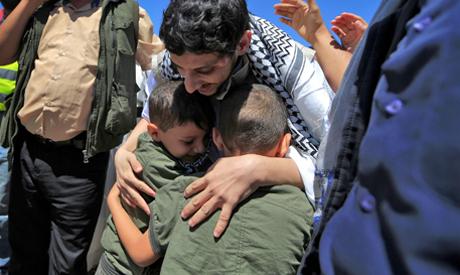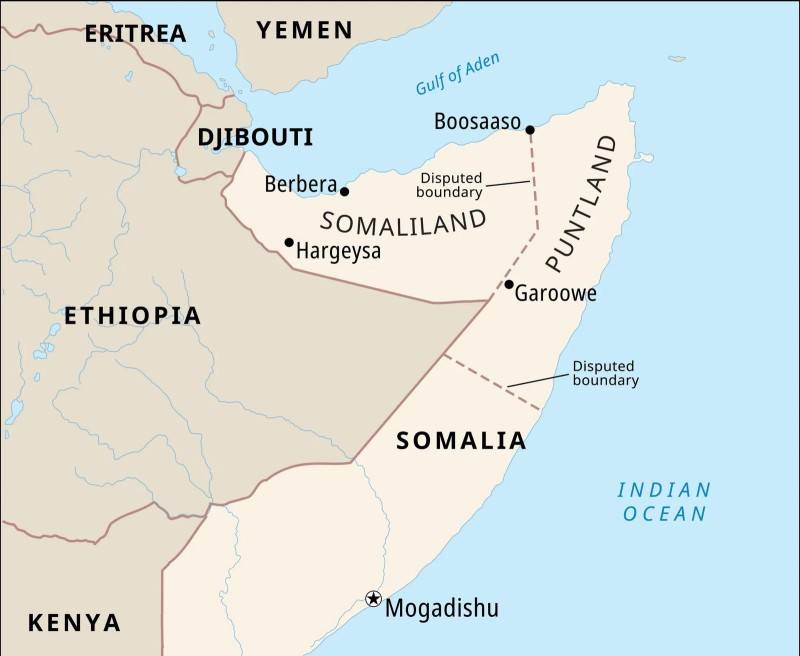Student organizations raise money for Yemen crisis


During the Arab Spring in 2010, a wave of protests and uprising against regional dictators throughout the Middle East spread to Yemen. As a result, Ali Abdullah Saleh, first president of Yemen, was forced from office in 2011 after being accused of causing unemployment and government corruption.
Abdrabbuh Mansour Hadi became the new president, but the transition to power failed due to widespread unemployment, food insecurity and a separatist movement in the south during his presidency. In 2015, the Houthi movement — rebels against the standing government — took advantage of the weakened president and appointed a presidential council to replace Hadi, who fled to Saudi Arabia.
EPPS professor Clint Peinhardt described the war not only as a civil war, but also a proxy war. Saudi Arabia was fearful of the potential Iranian influence and support for the Houthis, and launched their own military campaign to restore Hadi’s government. The United States has aided Saudi Arabia by refueling warplanes and sharing intelligence. There is still ongoing conflict.
“What should the world do about wars, about civil wars in particular?” Peinhardt said. “If you have parties within a country fighting other, usually one of them is kind of the government and then one’s a rebel group. It’s tough for an outside force to come in to resolve a conflict. What you’ve seen is kind of just stasis in the world. There hasn’t been a lot of change in this war in the last couple of years. Unfortunately, what that’s meant is that the world is more or less forgotten about Yemen.”
A byproduct of that war has been 24 million people needing assistance from preventable causes. Yemen has experienced the largest cholera outbreak ever recorded, and about 2 million children are malnourished.
“One of the likely consequences in any civil war is that disease becomes more common,” Peinhardt said. “The hospitals are being bombed, and doctors and nurses are trying to flee the country. Everything just deteriorates, and that’s definitely happening there. The United Nations or United States Agency for International Development have cut their operations there because of the war or the COVID crisis or both together. There are probably very few places on earth that are worse right now in terms of just trying to survive.”
Peinhardt said the dominant mode of foreign aid is bilateral, or country-to-country aid, and USAID was giving money directly to the Yemeni government and operations on the ground. However, aid has been weaponized in the past, making it difficult for civilians to get the necessary resources.
“The average civil war reduces the size of the overall economy by about 15% total,” Peinhardt said. “That may not sound like a huge number, but it’s also preventing it from growing. So you start at level 100, and after a civil war, five years later, the country has not only not grown, but it’s now doing worse than it was before destruction of lots of infrastructure. It’s a pretty terrible economic effect.”
He said that nonprofit organizations may have operations on the ground or may have partner organizations that are there; Doctors Without Borders, for instance, tends to be politically neutral everywhere, so they can go into situations like this and give aid to either side because they very rarely take a political stance on anything.
“In some ways, humanitarian and nongovernmental organizations are the first responders and they’re almost the only ways if you want to do something about the Yemeni crisis, which is what I imagined that IRUTD (Islamic Relief USA at UTD) is feeling that,” Peinhardt said. “There’s really not another way to channel resources other than those NGOs. I mean, you could ask your government to care about it more and maybe they’ll be responsive, but if you, as an individual, want to do something, then those are really the only real channels for you unless you have a lot of political hold.”
Marketing junior and IRUTD member Sadaf Islam said that the issue resonated with him because the Yemen crisis requires immediate action or else the entire population would be eradicated. IRUTD donated to Islamic Relief USA which focuses on nutrition for women and children, improving quality of water and sanitation sources and distributing medical resources. IRUSA has served over 580,000 people and implemented 25 projects in Yemen.
“IRUSA is one of the largest organizations in terms of doing humanitarian work around the world,” Islam said. “They work with every humanitarian crisis, along with any emergency crisis — such as the Syrian emergency or the coronavirus emergencies — which have been unprecedented. They improve the day-to-day lives of people who desperately need it not just when their most desperate, but also throughout the long haul and the entire process.”

Hargeisa -- In the first international recognition since it declared independence from Somalia in 1991, Israeli Prime Minister Benjamin Netanyahu a…

In his first Christmas address titled Urbi et Orbi, Pope Leo XIV called on the world to embrace responsibility as the surest path to achieving peac…

Brussels -- The European Union has reaffirmed its unwavering commitment to Yemen’s unity, sovereignty, and independence, expressing support f…